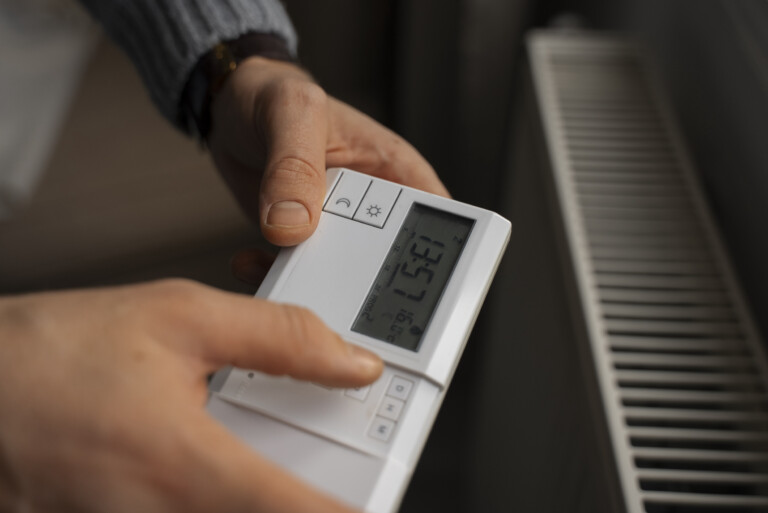Why boiler programmers are the best friend you never knew you had
4th September 2023


Call us 0116 366 5664
15th June 2023

Depending on your individual level of risk tolerance, boiler cover could be worth considering, and for very good reason – boiler breakdowns can be costly. An unexpected bill in the midst of an economic downturn is the last thing you need, right?
Boiler cover is a policy that covers costs related to the repair and maintenance of your boiler, if and when your boiler goes on the blink. Depending on the package you go for, your policy may also cover your wider central heating system too.
As with any financial product, boiler cover has its pros and cons. Because we’re a helpful bunch, we’ve had a look at some of the advantages and disadvantages of a boiler cover plan, helping you to make the best decision for your unique circumstances.
Ultimately, the decision to purchase boiler cover depends on a number of factors, including the age and reliability of your boiler, your access to ready cash to deal with unexpected repair costs and your individual tolerance of risk.
Of course, regular servicing of your existing boiler and heating system is the best way to keep your home safe and warm. Our GasSafe-registered engineers will give you an honest appraisal of the condition of your boiler, helping you to decide whether a boiler cover plan is right for you. As with all such products, it’s a good idea to read the small-print thoroughly and compare different providers to ensure you choose a policy that best suits your needs.
Need help with your boiler or heating system? Contact us today
4th September 2023

31st October 2023

22nd May 2024
